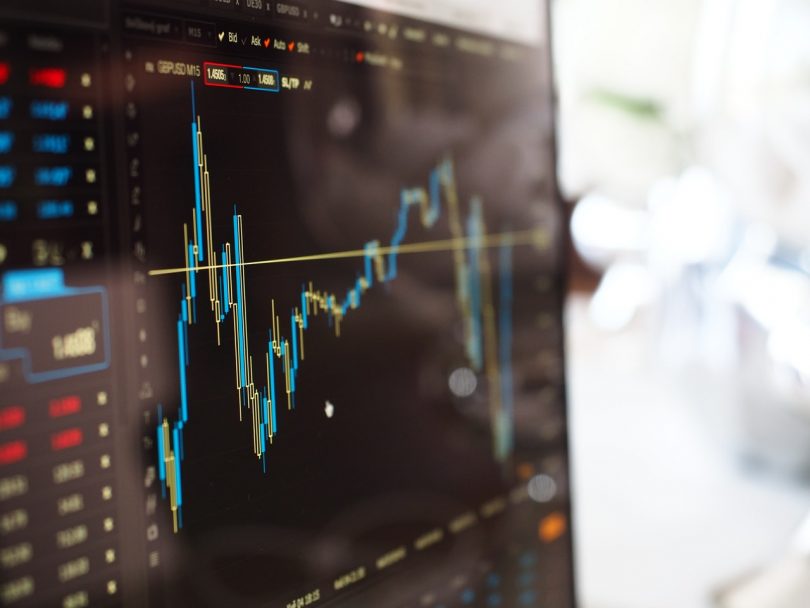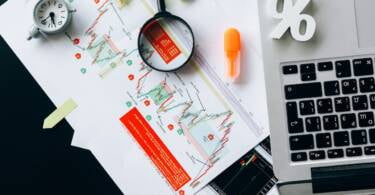Many people turn to trading assets on the world’s financial markets to make some extra money or as a full-time career. The digital transformation in the sector has meant that trading can be done from home with only an internet connection, a computer, and a small amount of starting capital. Two of the most popular markets to trade on in the UK are forex and commodities.
If you do not know much about these markets, it is necessary to understand that they share some similarities and some differences. In both, for example, traders use secure online brokers to place trades and manage their portfolios. It is advisable to read reviews of any FX broker before you sign up, though, so you pick one that is safe and is not a scam. If you need a fast way to do this, the Forex Fraud website is a trusted source of FX broker recommendations to look over. Of course, you should also do the same if you plan to trade commodities.
As noted above, these forms of trading do differ in some significant ways. It is worth knowing about them, so you can pick which you like best. But what are the differences?
The difference in what is traded
It might seem obvious, but there is a big difference between FX and commodity trading. In simple terms, the actual asset you are investing in is different. Forex, for example, is a market based on global currencies such as the pound, yen, dollar and euro. The commodities market is of actual goods and products, such as wheat, coffee, oil, gold, and cocoa.
Commodity trading has market limits
Another difference to factor in when trading FX or mulling over why you might choose to trade commodities is how the market itself works. Commodities are traded on an exchange, while FX is traded over the counter, through brokers or interbank. That means that commodity trading comes with daily market limits, which FX trading does not. Once the limits of the commodity market have been exceeded, no more trades can be placed, and you could be caught on the wrong side of this.
FX trading comes with more leverage
The notion of leverage when trading is vital to understand. It means having the ability to deposit small amounts of starting capital and leverage (borrow capital) to make much bigger trades. It is generally easier to access leverage when trading FX than on the commodities market. If you plan to use leverage to help when trading, that is something to bear in mind.
Forex and commodity trading differ in some ways
Heading online is not just about finding the best Instagram accounts to follow or looking up recipes. It can also be informative about a way to make extra cash. Trading in either commodities or forex is a great example. While it is true to say that both these ways of trading have similarities, the above shows that they also have some significant differences.









